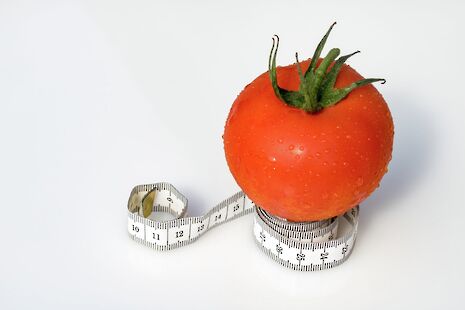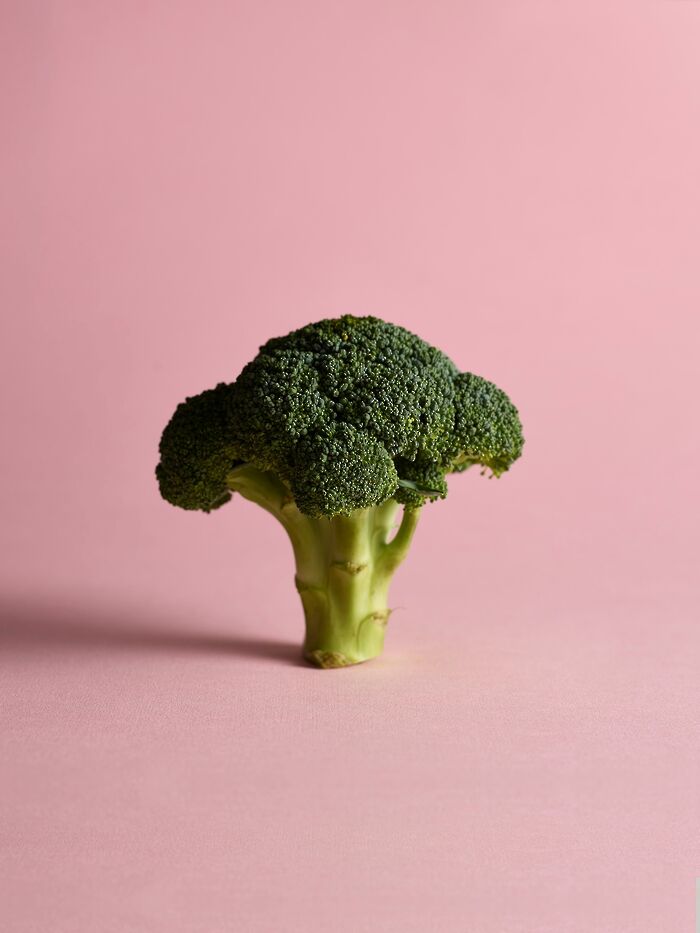Is 2018 the year of the Anti-Diet Revolution?
As social media slowly turns against diet-industry fads and fixes, Anna Sykes asks whether this reaction is part of a wider counter-movement

The rise of an anti-diet counter-culture is a very recent phenomenon, with social media ‘influencers’ and bloggers speaking out and reacting against the diet industry and its fads and fixes. For as long as we have known, the diet industry and social media influencers have promoted a culture of unmaintainable dieting, calorie counting and constant exercise, which has had a notable negative impact on the nation’s mental health and relationship with food. Within the past week I have seen countless Weightwatchers advertisements on TV and had my Facebook feed bombarded with posts from Sainsbury’s encouraging me to swap my pasta for ‘courgetti’ and my rice for a cauliflower substitute.
Prominent social media influencers, bloggers and instagrammers, such as @rhitrition and @goodnessguru, have actively fought back against this culture and sought to encourage individuals to seek a more positive relationship with food and their bodies. They have promoted a focus on nutrition and the maintenance of a healthy, balanced lifestyle, rather than on restriction and strict rules that have been fed to us in the form of diet plans – whether that be cutting carbs, skipping breakfast or ‘detoxing’ with juices.
“When people fail to stick to these un-maintainable diets they become engulfed in feelings of shame and regret”
Nutritionist and blogger Rhiannon Lambert, a.k.a @rhitrition, has been at the forefront of this counter-culture. She is one of the many who have sought to reverse the recent ‘Clean Eating Movement’, which dangerously reinforced the dichotomous perception of food as either concretely ‘good’ or ‘bad’. In her recent book, Re-Nourish, Lambert has argued that we need to rid the negative connotations the diet industry, health magazines and influencers have imposed on these foods and re-conceptualise them as part of the balanced and nutritious meals that they are. This wave of new anti-diet fighting talk which has begun to command more and more focus on all social media platforms, the very places which were used to promote this diet culture in the first place, is surely only going to have a positive impact as we go forward into the new year.
According to a recent YouGov poll the most popular New Year’s resolution for 2018 was to ‘eat better’ closely followed by ‘exercise more’. This is unsurprising considering how effective the healthy industry’s ‘new year, new you’ rhetoric has been in encouraging us to buy into their cleanse, detox, and diet ploys. I’m not trying to knock those who want to adopt a healthier and more balanced lifestyle. In fact, I strongly encourage anyone trying to do that. What this new anti-diet culture is trying to fight back against is the methods that are being promoted to achieve this goal. The silly diet fads sold to us in the media are damaging for two reasons. Firstly, they have a negative impact on our physical health, with many fad diets focusing on restriction and deprivation, in turn increasing our desire for the supposedly ‘out of bounds’ foods. These cravings eventually force us to give into this self-imposed restriction so that we ‘binge’ on foods that we have labelled ‘naughty’.
“Who really is this ‘new us’ that we are all striving to create?”
Secondly, when people fail to stick to these unmaintainable diets they become engulfed in feelings of shame and regret, something which they have ironically brought upon themselves by imposing these rules and limits in the first place. We have been led to believe that the only way to achieve the ‘flawless abs’ and ‘perfectly toned’ bodies that are presented to us as the ideal on the pages of Women’s Health is by following these diets, a path which will lead to our ultimate happiness.
Health is obviously important, but it makes me sad to see so many people having diet and exercise related goals as their number one motivation in 2018. Maybe we should pause and ask ourselves, who really is this ‘new us’ that we are all striving to create? Meaningful change isn’t something that can be achieved instantly at the stroke of midnight or by simply buying into the fads of the diet industry. Happiness can’t be achieved by going to the gym five times a week nor by eating the latest ‘superfood’. This new anti-diet culture is not only focused on challenging and breaking down the existing diet culture which has become so ingrained in our everyday lives to the point that we are often unaware it even exists, but it also seeks to change our broader outlook on life. By changing our focus this New Year and ignoring the TV adverts and Instagram posts, which help to foster negative body image and low self esteem, we can put more energy into wellbeing, happiness and spending time with family and friends.
We have given social media so much power over us with the constant bombardment of different means and methods for self-improvement, it’s easy to forget that once upon a time there were no ‘rules’ and ‘restrictions’. We can all be part of this anti-diet culture revolution by simply being aware of its existence and consciously averting our attention away from the negative messages promoted by the diet industry and focusing on other areas of our lives that are far more important than #cleaneating or #newyearnewme
 News / Eight Cambridge researchers awarded €17m in ERC research grants27 December 2025
News / Eight Cambridge researchers awarded €17m in ERC research grants27 December 2025 News / Clare Hall spent over £500k opposing busway 24 December 2025
News / Clare Hall spent over £500k opposing busway 24 December 2025 Comment / League tables do more harm than good26 December 2025
Comment / League tables do more harm than good26 December 2025 News / Caius mourns its tree-mendous loss23 December 2025
News / Caius mourns its tree-mendous loss23 December 2025 Comment / The ‘class’ of Cambridge24 December 2025
Comment / The ‘class’ of Cambridge24 December 2025










